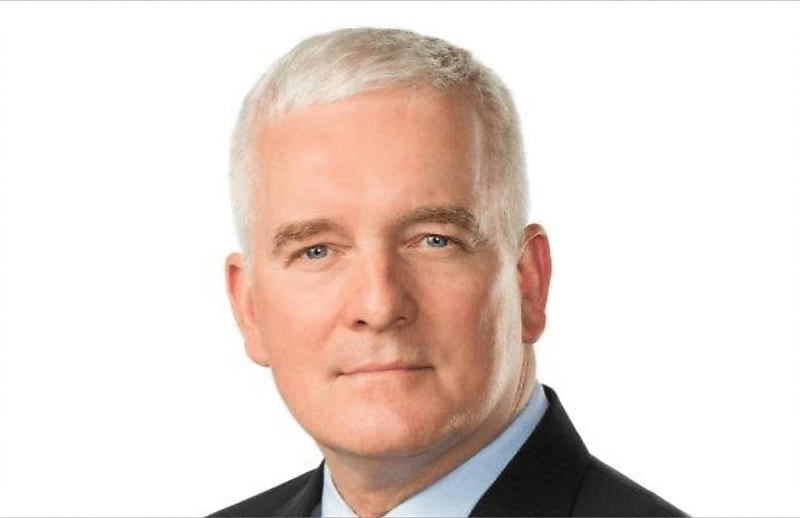The Institute of Internal Auditors (IAA) has revealed that only one-third of the estimated 10,000 internal auditors belong to its association and that may be contributing to a decline in standards.
IAA Australia chief executive Peter Jones said its members were required to abide by global standards and a code of ethics, but 70 per cent of auditors belonged to no professional body.
You’re out of free articles for this month
“There are a lot of people out there practising as internal auditors and we know that they’re not members of ours,” he told a Parliamentary Joint Committee hearing on audit, assurance and the consulting industry.
“Internal audit is not a mandated profession within Australia so the law does not require people who practice as internal auditors to be members of an association.”
Mr Jones said it would be unsurprising if many of the professionals providing consultancy services to the government were not bound by professional codes.
“If auditors are not members of ours then they may not follow international auditing standards and they may work for government. I think that’s a great travesty that there are internal auditors out there that are not following the standards.”
For members who were following standards, their internal audit functions had to be independently checked to ensure the codes were being followed, he said.
“I think that’s in the public good,” said Mr Jones.
Senator Deborah O’Neill said there appeared to be little incentive for auditors or other professionals operating in the auditing and consulting space to be a member of an official organisation.
“If you’re not attached to an official organisation, then you’re not accountable to anybody. That’s fundamentally one of the problems that we’re struggling with [in terms of this industry],” said Ms O’Neill.
Mr Jones was also asked to provide details on disciplinary action undertaken by the association over the past decade.
He conceded that no disciplinary actions had been taken against members operating within the public sector and only one complaint against a member had been investigated in the past 10 years.
“That complaint against the member was fully investigated and resolved,” said Mr Jones.
The IAA Australia has called for a range of recommendations in its submission to the PJC inquiry to help strengthen audit processes and improve governance.
“We believe that a robust commitment to internal audit that meets the global internal audit standards would help ensure that greater transparency and good governance is available to government departments, agencies and organisations they employ to help with the discharge of their duties,” said Mr Jones.
Mr Jones said there was a lack of uniform federal regulation embedding internal audit as part of risk management or government practices.
The association has called for the government to mandate five-yearly external quality assessments on the work undertaken by professional services firms and internal auditors, particularly in respect to internal audit work performed for the government.

 Login
Login






